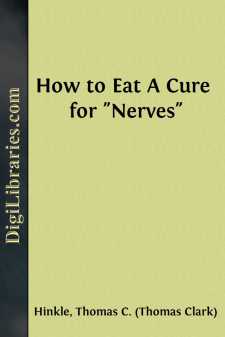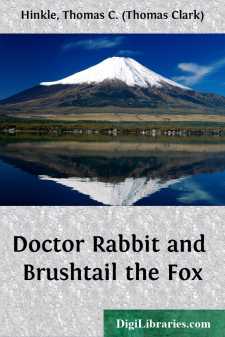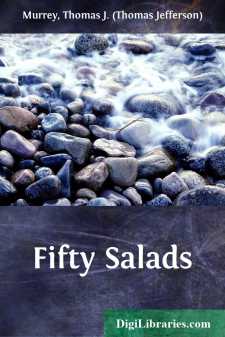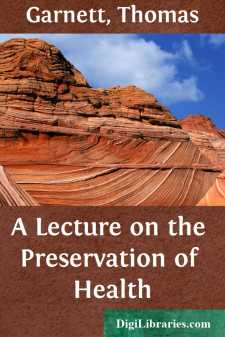Categories
- Antiques & Collectibles 13
- Architecture 36
- Art 48
- Bibles 22
- Biography & Autobiography 815
- Body, Mind & Spirit 144
- Business & Economics 28
- Children's Books 18
- Children's Fiction 14
- Computers 4
- Cooking 94
- Crafts & Hobbies 4
- Drama 346
- Education 58
- Family & Relationships 59
- Fiction 11834
- Games 19
- Gardening 17
- Health & Fitness 34
- History 1378
- House & Home 1
- Humor 147
- Juvenile Fiction 1873
- Juvenile Nonfiction 202
- Language Arts & Disciplines 89
- Law 16
- Literary Collections 686
- Literary Criticism 179
- Mathematics 13
- Medical 41
- Music 40
- Nature 179
- Non-Classifiable 1768
- Performing Arts 7
- Periodicals 1453
- Philosophy 65
- Photography 2
- Poetry 896
- Political Science 203
- Psychology 44
- Reference 154
- Religion 515
- Science 126
- Self-Help 85
- Social Science 83
- Sports & Recreation 34
- Study Aids 3
- Technology & Engineering 59
- Transportation 23
- Travel 463
- True Crime 29
Our website is made possible by displaying online advertisements to our visitors.
Please consider supporting us by disabling your ad blocker.
How to Eat A Cure for "Nerves"
Categories:
Description:
Excerpt
THE INTRODUCTION
This author-physician's cure for "nerves" vividly recalls the simplicity of method employed in the complete restoration to health of one of olden time whose story has come ringing down the ages in the Book of Books. Naaman, captain of the host of the king of Syria, a mighty man of valor and honorable in the sight of all men, turned away in a rage when Elisha, the prophet of the Most High, prescribed for his dread malady a remedy so simple that it was despised in his eyes. But "his servants came near and said ... 'If the prophet had bid thee do some great thing, wouldest thou not have done it?'"
In "How to Eat" the author offers the sufferer from "nerves" a remedy as simple as that Elisha offered Naaman. He gives him an opportunity to profit by his well-tested knowledge that overeating and rapidity in eating are ruinous to health and shorten life.
It is seldom that there emanates from the pen of a doctor a book which, concerning any physical disorder, minimizes the efforts of the medical practitioner. While this author-physician gives full credit to the conscientious physician for the great service he is able to render in all other spheres of his profession, he wholly denies the necessity for medical care in cases of nervous breakdown, and discounts liberally the benefits to be derived from professional advice except in so far as the doctor is the patient's counselor and dictator as to what and how and how much he shall eat and drink, and the way he shall employ his time.
Any discourse is valuable which incites a man having a marked tendency to depressing, morbid ideas, to rid himself of them. Dr. Hinkle helps the sufferer to gain that confidence and cheer which result from knowledge of certain immunity from dreaded ills and positive assurance of recovery by mere regulation of food or employment along the lines of simple, everyday living.
But that alone is not sufficient. It is made quite clear that no one thing by itself will insure a cure of "nerves." The cure must come through common sense exerted along several related avenues of endeavor. No matter how steadfastly one may adhere to directions as to abstaining from harmful food and injurious methods of partaking of those foods which are beneficial, if he spends the larger portion of his time idly rocking in a convenient arm chair, exerting neither body nor mind nor will, that which might be gained by proper nutrition is largely nullified by lack of physical exercise and mental activity.
That this little book may serve as a spur to the bodily self-denial and self-repression and the intellectual and spiritual uplift which make for character-building, is the very evident goal of its writer. From self-analysis and self-cure he has worked out a philosophy—a system or art—by which those afflicted with nervous breakdown may be healed. And by putting into print the result of his practical experiments in diet and exercise he has broadened immeasurably the scope of his helpfulness to all nervebound sufferers by placing within their reach the simplest of measures by which release is secured from a condition which wholly incapacitates for active service or even for quiet, everyday usefulness.
It is because the things Dr. Hinkle advises are so commonplace, and because the doing of them day after day, year in and year out, is so monotonous, that people will be tempted to disregard or make light of their helpfulness. But the commonplace things which make up life are all important, as Susan Coolidge has so aptly expressed in these lines which fittingly illustrate the author's thought:
"The commonplace sun in the commonplace sky
Makes up the commonplace day.
The moon and the stars are commonplace things,
And the flower that blooms and the bird that sings;
But dark were the world, and sad our lot
If the flowers failed, and the sun shone not;
And God, who studies each separate soul,
Out of commonplace lives makes his beautiful whole."
It therefore behooves the sufferer from "nerves" and that great host of others who are in danger of a nervous breakdown if they do not speedily mend their ways of eating and living, to heed the kindly admonitions and follow the precepts of this author who practices what he preaches. By persistently doing commonplace things in the most commonplace way, keeping ever in mind the great objects to be attained thereby—good health, good cheer, and increased usefulness throughout a long life—the reader of this little treatise will find it worth many, many times its size, weight, and bulk....













